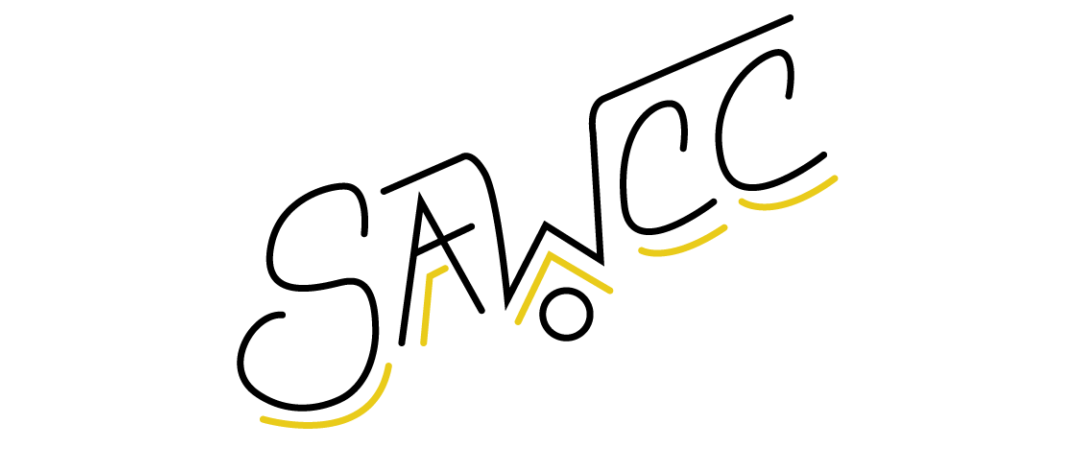Friday, November 19, 1999, 7pm
@ Asian American Writers’ Workshop
New York, NY
Both of this evening’s presenters, Gayathri Shakthi Arumugham and Neelam Mira, will showcase works-in-progress and also facilitate a discussion on the place, role and evolution of classical/traditional arts in progressive, diasporic communities and spaces.
The traditional dance forms of India are complex, highly technical, dynamic, difficult, and diverse. This evening we will concentrate on two specific forms of dance, Bharatha Natyam and Kuchipudi. Both are distinctive forms of Indian dance that have developed historically. They are influenced by other dance forms and artistic expressions, but are distinctive in composition and style. Influence has always kept these forms dynamic while the integrity of the artistic form is preserved. However, traditional forms and images have always played a peculiar role in South Asian progressive circles as we skirt the easy classification of our work and ourselves by the mainstream.
This generation has failed to produce a body of classical writers and musicians who in previous centuries were part of an artists’ community. If we are to maintain the idea of a traditional composition, how will the community present this art? Who will be our poets and musicians that will work with the medium of dance to preserve tradition and facilitate it forward?
Some of us who have practiced the art and discipline of traditional dance forms, perfecting technique and expanding the classical repertoire, have had to sort through the politics of the art itself. How does skin color play a role? Compositions have also been problematic in their representation of gender and class issues. However, so much of it has nurtured and sustained the work we do as progressive South Asian American women.
Questions:
– What is the role of traditional/classical arts in the political, progressive arts arena?
– How can art and art forms sustain the work we do as progressive South Asian women?
– What can be progressive about tradition?
